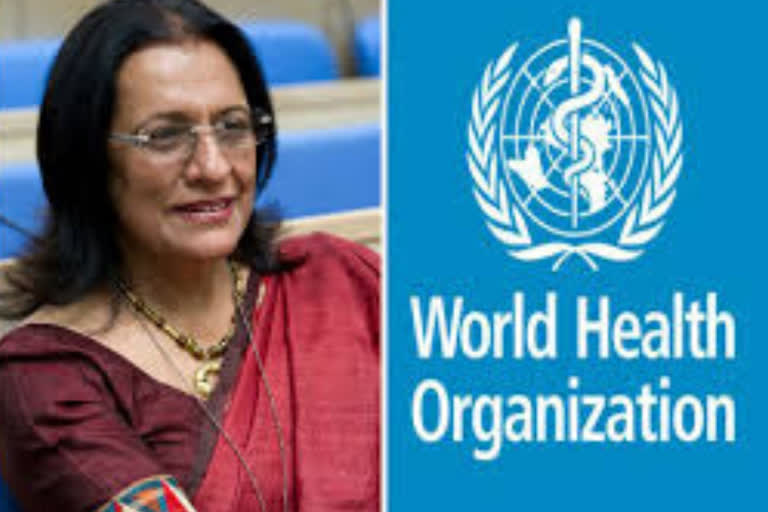New Delhi: As COVID-19 cases continue to rise in South-East Asia, the World Health Organisation (WHO) on Friday cautioned countries in the region to take "evidence-informed action" and conduct careful assessment of the local epidemiology before winding down the health and social measures taken to combat the virus.
The region has nearly 122,000 cases and 4,000 deaths due to COVID-19. In India, the death toll rose to 2,649 and the number of cases climbed to 81,970, according to latest data.
Also read: School fees shall not be waived off during lockdown: Rajasthan HC
Countries in the region are in various transmission scenarios and the cases are increasing. In every transmission scenario, the core public health measures remain - rapidly detect, test, isolate, care and trace contacts, said Dr Poonam Khetrapal Singh, Regional Director, WHO South-East Asia.
Singh said moving forward "we need to scale up these measures".
She said the focus should be on the local epidemiology of COVID-19, to identify hot-spots and clusters, and the capacity of systems and responders to find, isolate and care for cases, and quarantine contacts.
"Countries in the region must continue to take evidence-informed action and conduct careful risk assessments while winding back public health and social measures," the WHO regional director said.
In the coming period all efforts should be made to control and suppress spread of COVID-19, strengthen and maintain health services, and support each other to stay safe, healthy and well, she said.
The regional director, who held a virtual briefing with health officials of the 11 member-countries for the forthcoming virtual 73rd World Health Assembly session, said despite the region being the first to get an importation of COVID-19 on January 13 in Thailand, early and aggressive measures, including unprecedented physical distancing measures, have helped keep the number of cases low as compared to other parts of the world.
"The region with one-fourth of the global population and disproportionate disease burden, however, continues to be vulnerable in view of high population densities, mega-urban slums, migrant groups, socio-economic drivers impacting compliance to physical and social distancing, in addition to the global shortage of essential medicines and commodities," she said.
"There can be no illusions: We are in this for the long haul," Singh said.
(PTI report)



